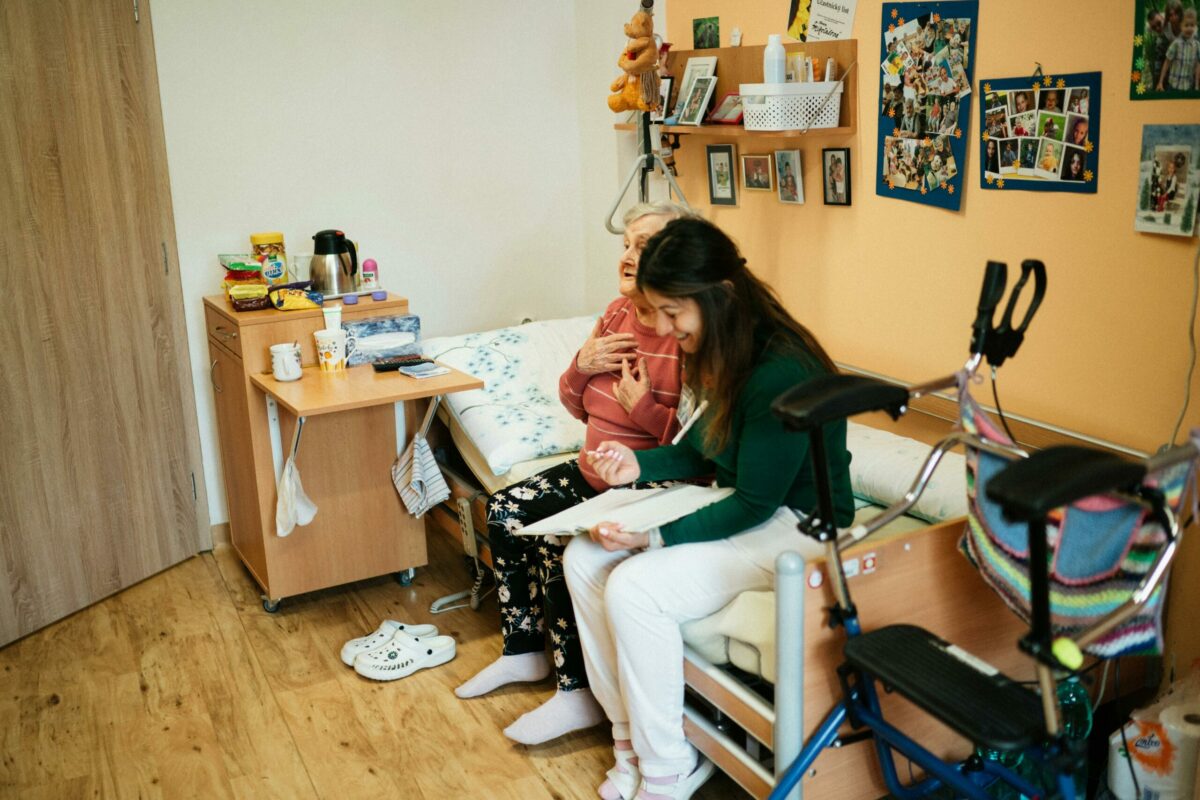With infection rates leveling off in China, the World Health Organization declared Italy the new epicenter of the COVID-19 pandemic.
As of today, Italy is reporting 35,713 confirmed cases and nearly 3,000 deaths. More cases are reported daily in Italy than at the height of China’s epidemic. Medical experts don’t expect the infection rate to show signs of slowing until mid-May.
In response, Italy has taken some of the most aggressive measures possible to keep COVID-19 contained:
- All schools are closed and families are homeschooling their children
- Public events have been banned
- Public businesses are closed, save for grocery stores and pharmacies
- Highly restrictive travel bans are in effect nationwide
- One person at a time may leave home to gather essentials for the household
- Employees are all on leave, banks are only charging interest on loans and mortgages, and the Italian government is subsidizing a portion of citizens’ salaries
- Airports, streets, and popular tourist and business areas are empty
For Italians, life has been completely turned upside-down by the virus. And some of the biggest changes to daily life for most citizens aren’t the ones being detailed in the headlines.
Italian members of Entrepreneurs Organization (EO), a global network of entrepreneurs and business owners, gathered on a conference call to discuss their personal experiences of what life is like under quarantine.
According to their reports, on top of everything else, people are struggling to juggle the anxieties of hospitals and medical offices filled to capacity with the responsibilities of educating their children full-time, taking turns going to get groceries with government-issued cards, delayed shipments, and managing their jobs and businesses under the pressure of quarantine.
But despite how frightening the situation has been, reports reiterate that the Italian people are staying positive. The hoarding and shortages we’re seeing in other countries isn’t occurring there. And almost everyone has learned to take the quarantine seriously and obey the guidelines set by the government.
Mostly, Italians just want the rest of the world to pay close attention to how the situation has unfolded for them. Their message to us: take this virus seriously, and do not allow this to happen in your country.




